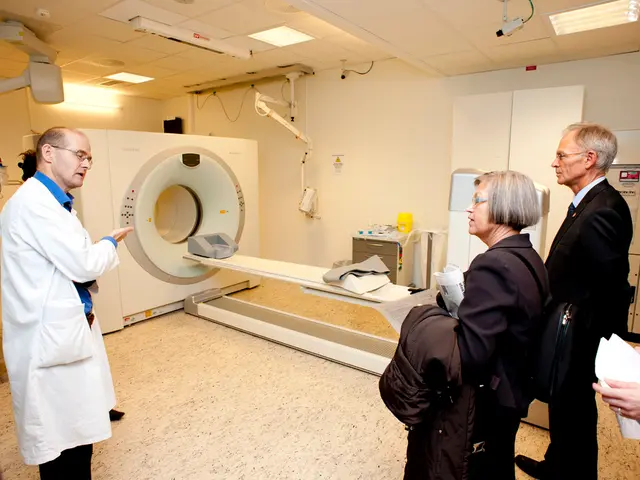Abdominal Adhesions Explained: 5 Crucial Facts You Need to Understand
Abdominal adhesions, also known as internal scars, are a common outcome following abdominal surgery. According to recent studies, they occur in approximately 93% of cases. These tough tissue bands form between abdominal tissues and organs, and while they are a normal part of the post-surgery healing process, they cannot be prevented.
Several factors can influence the severity of abdominal adhesions after surgery. These include the initial reason for surgery, the approach to surgery, medications taken, overall health, blood or blood clots not being washed away after a procedure, and organs drying out during the operation.
Surgical duration is one factor that significantly impacts adhesion severity. Longer operative times are associated with increased adhesion formation, possibly due to prolonged tissue exposure and trauma. Age is another significant factor, with older patients tending to develop more severe and extensive adhesions. This may be related to a more mature greater omentum that covers injured areas more extensively and age-related differences in coagulation and fibrinolytic systems affecting fibrin deposition and degradation.
Postoperative bleeding leads to clotting and insoluble fibrin deposits at injury sites, promoting adhesion formation. Excessive collagen deposition, a result of the wound-healing response, also contributes to adhesion severity. Underlying inflammation or infection, such as peritonitis or abscesses, increases fibrin release and impairs fibrinolysis, further contributing to adhesion severity.
While previous surgeries are not highlighted as a significant factor in one study, historically, repeated surgeries are known to increase adhesion risk due to cumulative tissue trauma.
It's important to note that the number of abdominal adhesions a person develops can vary, and it's impossible to predict their severity. In most cases, people with abdominal adhesions do not require surgery. However, if a person is told they cannot have more surgery in their abdomen due to adhesions, they should seek evaluation at a specialty centre.
In rare cases, repeated bowel obstructions may necessitate surgery. Bowel obstructions caused by abdominal adhesions can be resolved through non-surgical methods such as decompressing the stomach and IV fluids. A clear liquid diet can also help. If symptoms of a bowel obstruction worsen, a visit to the ER may be necessary.
Scar tissue from abdominal adhesions can cause bowel obstructions, leading to complications such as making internal tissues and organs stick together or twisting and pulling the small or large intestines, causing obstructions and pain. However, most people with abdominal adhesions do not experience these complications.
CT scans or X-rays can be used to diagnose bowel obstructions. If surgery is necessary to resolve recurrent bowel obstructions impacting quality of life, ability to work, and social activities, it may be worth considering, despite the risk of additional adhesions.
In conclusion, while abdominal adhesions are a common and inevitable part of abdominal surgery, understanding the factors that influence their severity can help in managing their potential complications. Patients should discuss their concerns with their healthcare provider and consider seeking specialist advice if they are at risk of repeated bowel obstructions.
References: 1. Abdominal adhesions: pathophysiology and prevention 2. Abdominal adhesions: epidemiology, pathophysiology, and clinical implications 3. The role of inflammation in abdominal adhesion formation 4. Collagen and abdominal adhesion formation 5. The role of fibrinolysis in abdominal adhesion formation
- The presence of abdominal adhesions, or internal scars, can lead to health complications such as chronic kidney disease and other chronic medical conditions.
- Proper nutrition, including a balanced diet rich in essential vitamins and minerals, plays a crucial role in maintaining one's overall health and Wellness, especially during recovery from surgeries that lead to adhesion formation.
- A recent medical news report indicated that ongoing research in science aims to develop ways to prevent or minimize the formation of abdominal adhesions, which would significantly improve recovery after chronic diseases like cancer and heart disease.
- People diagnosed with chronic kidney disease often require regular medical monitoring, as uncontrolled blood pressure and other factors can exacerbate the severity of abdominal adhesions, leading to more frequent surgeries and potential complications in treating their health condition.




